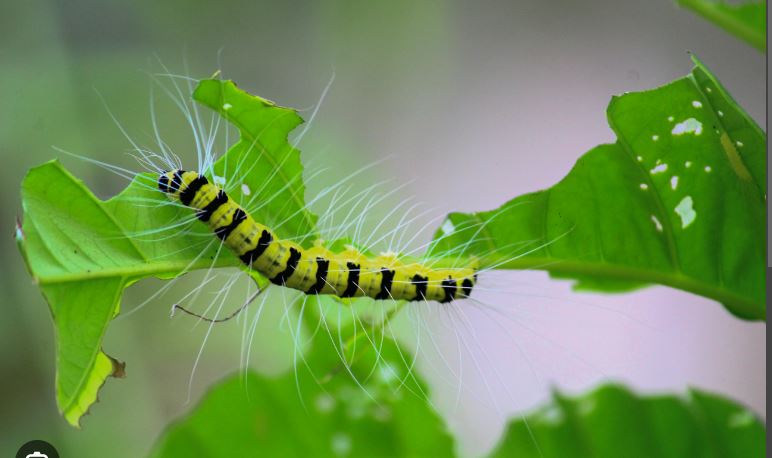By Eniolá Abdulroqeeb Arówólò
Crop pests can pose a significant threat to agricultural yields and the food supply. To protect crops and ensure sustainable farming practices, it’s essential to employ effective pest management strategies.
This article will briefly outline five key factors that can mitigate the impact of crop pests on a farm, emphasizing the importance of a holistic approach that includes crop rotation, biological control, integrated pest management, resistant crop varieties, and good sanitation practices. Implementing these measures not only helps safeguard crops but also contributes to a more environmentally friendly and sustainable farming ecosystem.
1. Crop Rotation:
Crop rotation involves changing the type of crops grown in a particular field each season. This disrupts the life cycles of many pests, reducing their ability to establish and reproduce. For example, if a field is planted with a pest-prone crop one season, switching to a different crop the next season can help break the cycle of the pest population.
2. Biological Control:
Introducing natural predators, parasites, or pathogens that target specific crop pests can be an effective way to control infestations. For example, ladybugs can be released to control aphids, or parasitic nematodes can help manage root-knot nematodes in the soil.
3. Integrated Pest Management (IPM):
IPM is a comprehensive approach that combines various pest control strategies. It involves monitoring pests, setting action thresholds, and using a combination of cultural, biological, and chemical controls when necessary. IPM aims to minimize the impact on the environment and non-target organisms.
4. Resistant Crop Varieties:
Planting crop varieties that are naturally resistant to specific pests can reduce the need for chemical pesticides. For example, some wheat varieties are resistant to certain types of rust fungi, and this resistance can help protect the crop without additional chemical treatments.
5. Sanitation and Hygiene:
Maintaining a clean and healthy farming environment is essential for pest management. This includes practices such as removing crop residues, weeds, and debris that can harbor pests. Proper storage of harvested crops and good hygiene in handling equipment can also prevent the spread of pests.
These factors work together to create a holistic approach to pest management that is more sustainable and environmentally friendly than relying solely on chemical pesticides.

